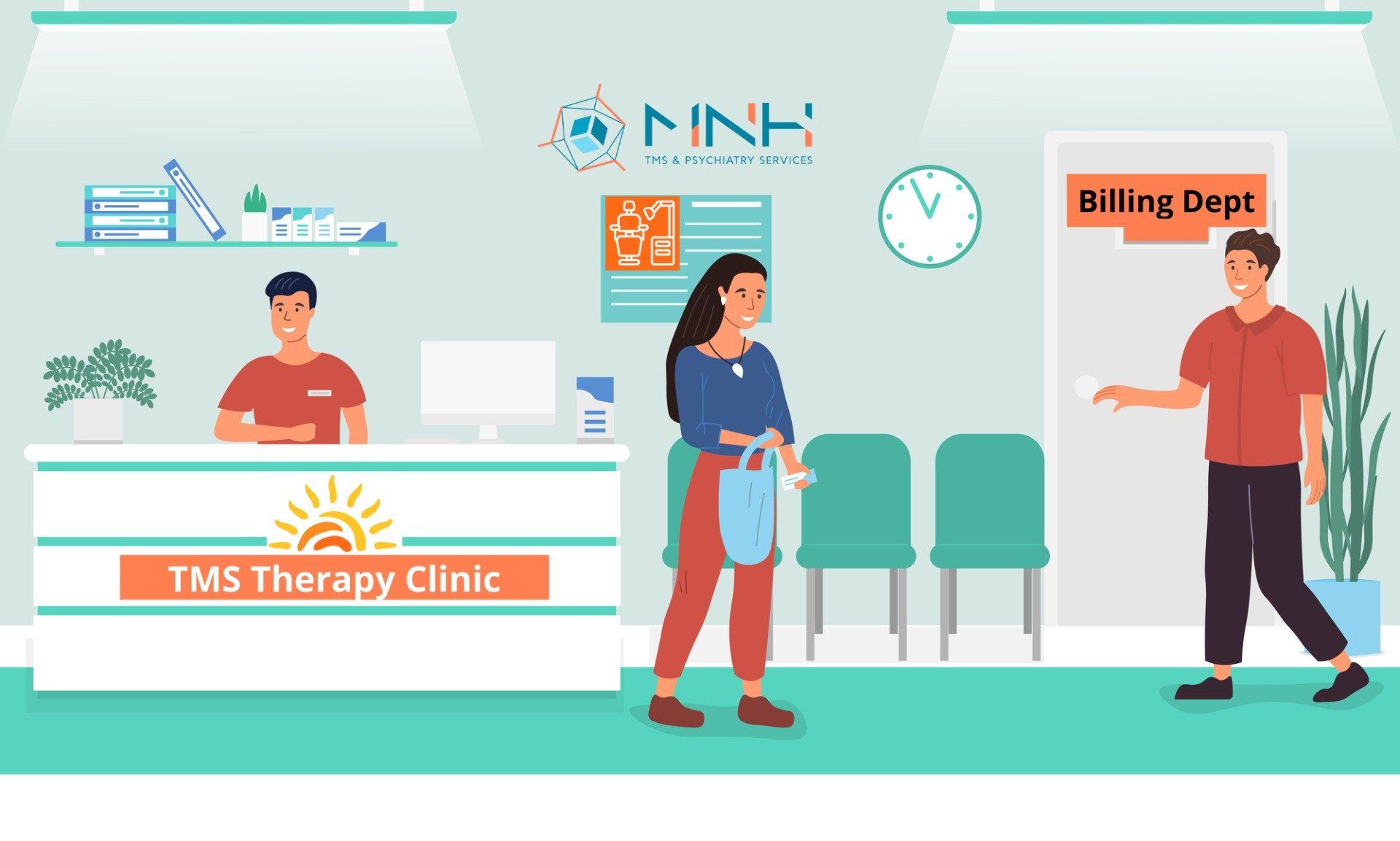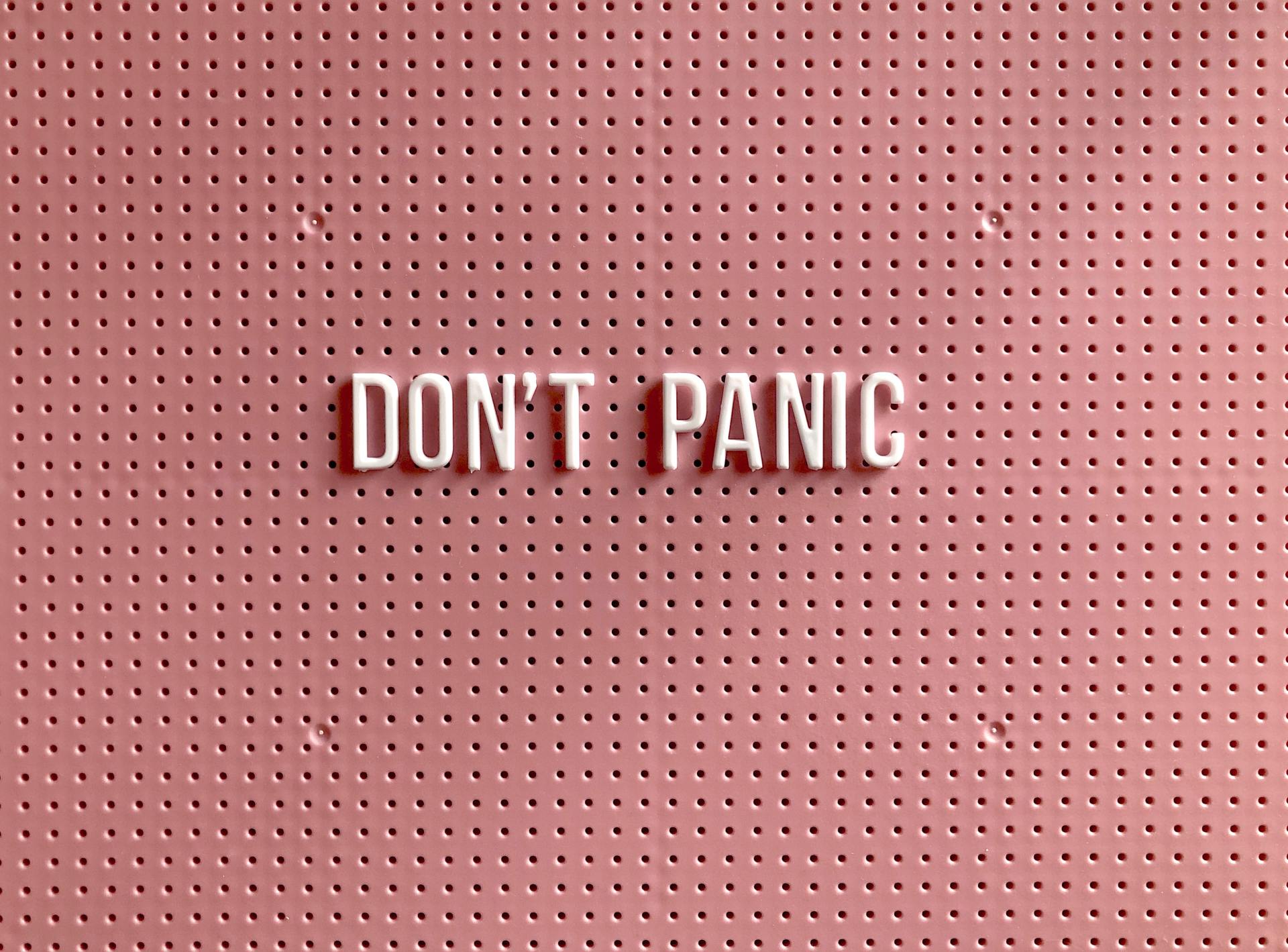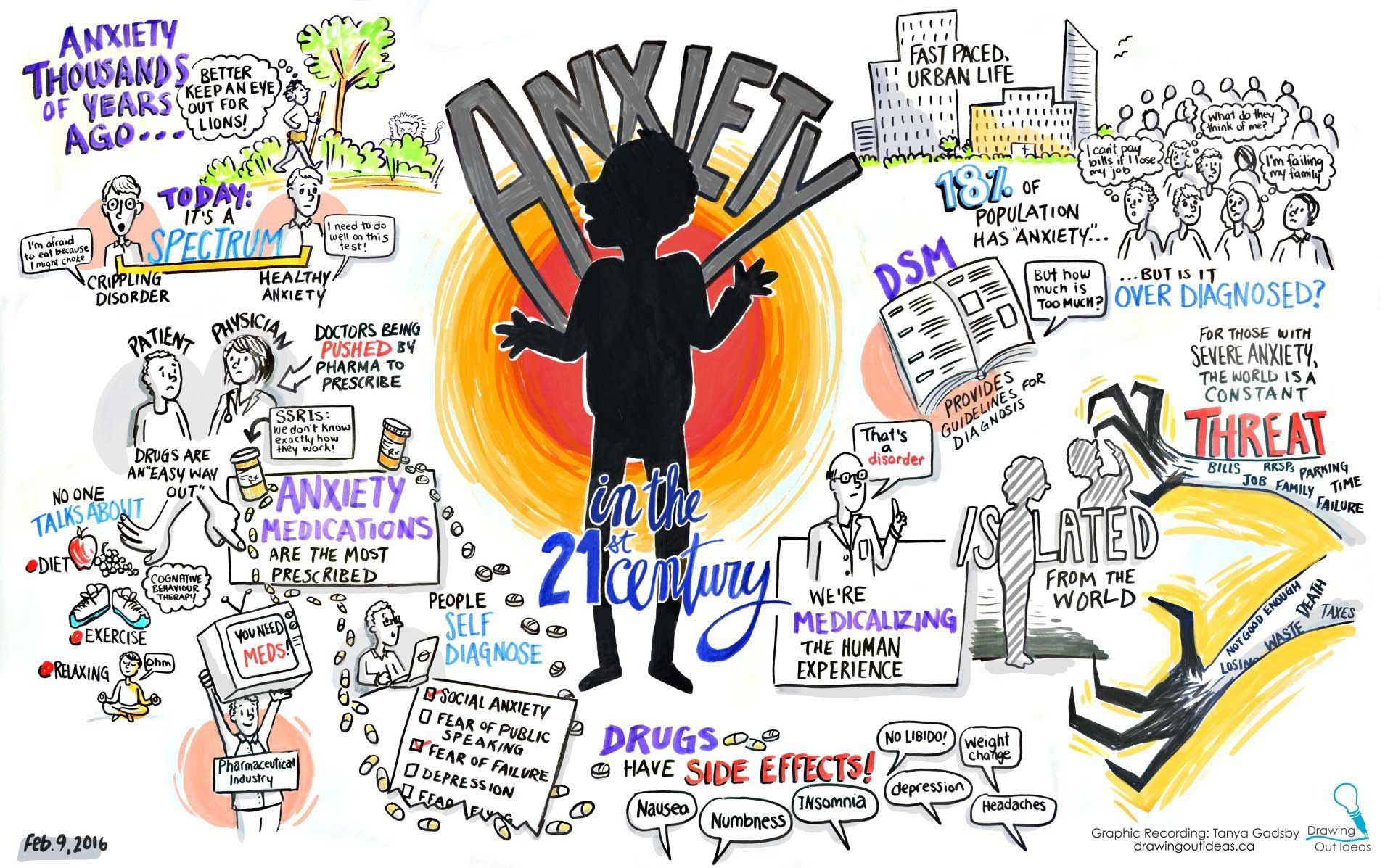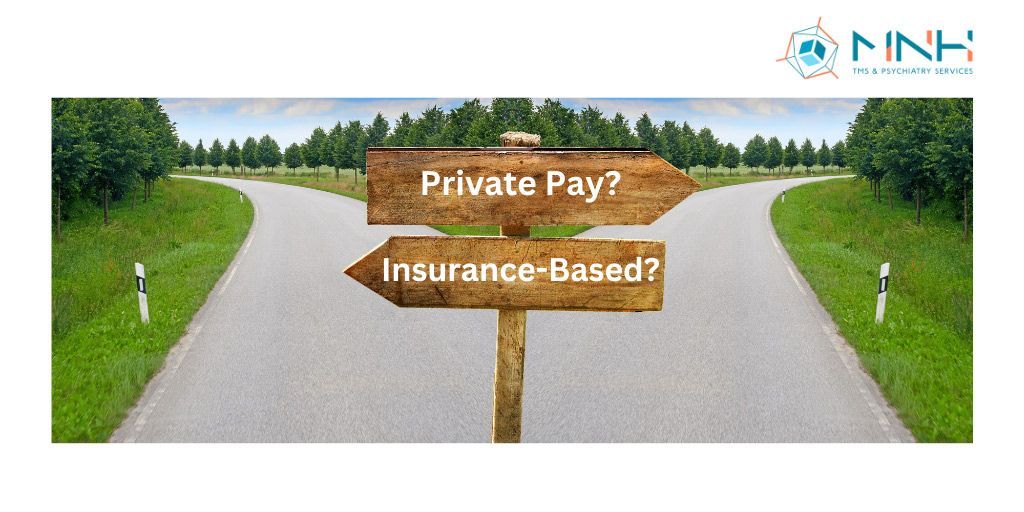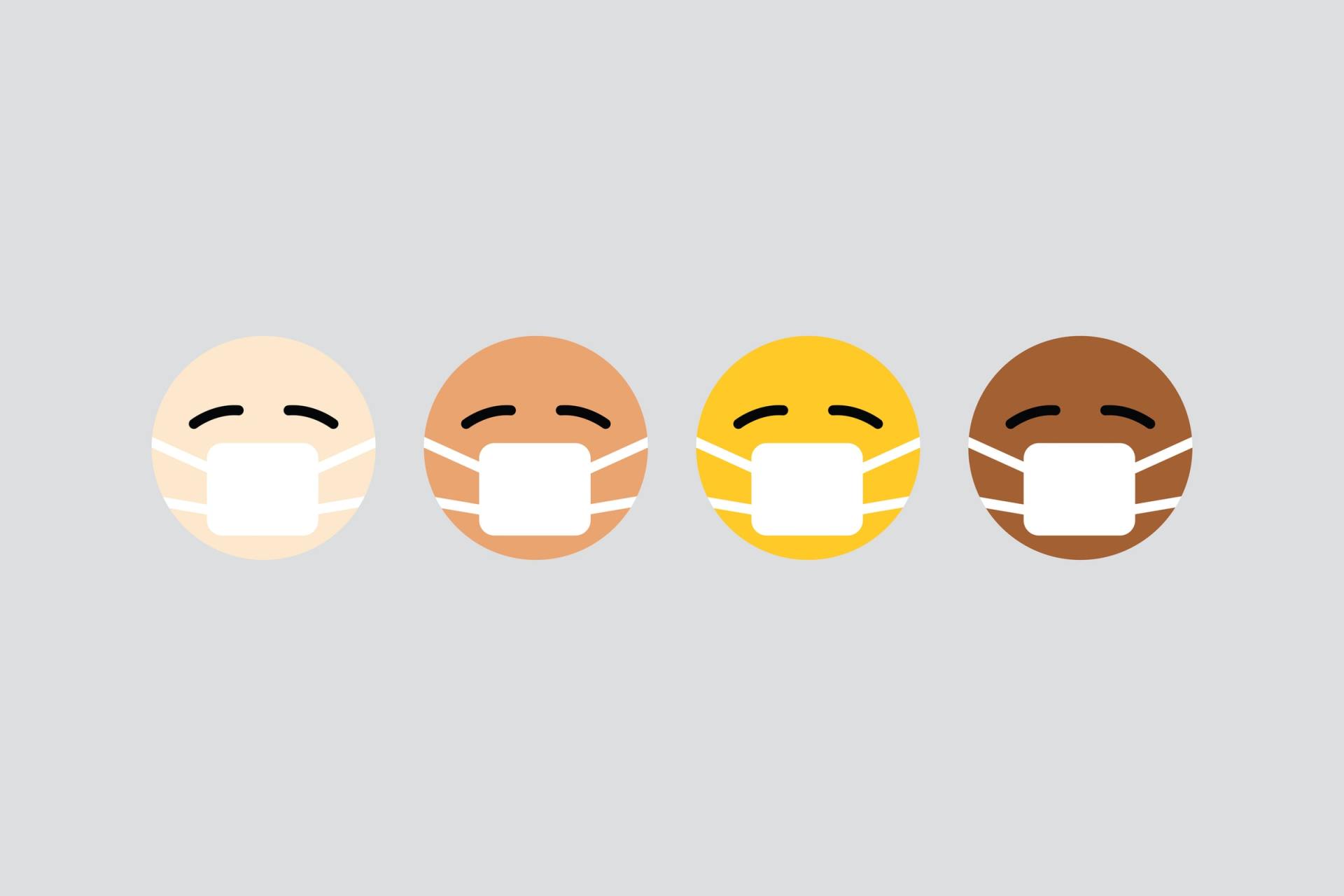What is aTMS Therapy or Stanford Theta Burst Treatment?
SAINT Depression Treatment
Transcranial magnetic stimulation has now been an FDA-approved treatment for depression for 14 years. It’s no longer the new kid on the block in alternative mental health therapy. The most popular type of TMS for depression treatment has historically been rTMS, which simply means repeated magnetic pulses rather than a single pulse (sTMS). However, there are newer forms of TMS on the rise. Intermittent theta-burst stimulation, or iTBS, was FDA-approved in 2018. This method allows for different frequencies of magnetic pulses, which actually mimics neuroplasticity frequencies in the brain and makes the treatment much more efficient. iTBS reduces treatment time from 30-45 minutes to just 3 minutes with the same levels of depression remission. Many TMS clinics already offer intermittent theta-burst stimulation.
Additionally, there have now been attempts to make iTBS more efficient by accelerating the process; this is known as
Accelerated TMS. Consider the typical TMS treatment program of treatment once a day, 5 days a week, for a course of 4-6 weeks. These timelines have not been scientifically determined as the most effective; rather they are schedules that have been proven effective from the limited research available and prove to be convenient based on most work schedules. Researchers are studying different protocols and schedules with the goal to shorten the treatment time while remaining safe and effective. Accelerated TMS shortens the treatment process to just 5 days. One accelerated TMS protocol in particular is proving to be extremely effective: the SAINT protocol.
What is SAINT?
The Sanford Accelerated Intelligent Neuromodulation Therapy (SAINT) protocol identifies specific procedures and regulations for accelerated TMS to develop a standard treatment process that maintains the efficacy of TMS treatment. These procedures include:
- Five consecutive days of treatment with 10 iTBS sessions administered per day
- 1800 magnetic pulses administered per session with 50-minute intervals between sessions, more than typical TMS treatments
- Pulses administered to the left dorsolateral prefrontal cortex (DLPFC), just as with other forms of TMS
Is SAINT effective?
Clinical trials reveal that accelerated TMS following the SAINT protocol is extremely effective in reducing depression symptoms.
Cole et al.
conducted a randomized clinical trial in 2020 as a follow-up to a previous investigation on SAINT, this time with a larger, more generalizable cohort of participants, in order to examine safety, efficacy, and feasibility. The results: 90.48% of participants showed a treatment response immediately following treatment, which was defined as a reduction in depression scores by more than 50%. Nineteen of the 22 participants (86.4%) met the criteria for remission. Additionally, 70% of participants continued to show treatment response one month after SAINT. The mean number of days of treatment until treatment response was 2.3, meaning on average, participants showed a significant response on the third day of treatment, or after just 23 sessions. There were no adverse side effects, and neurocognitive abilities were not impaired on any measures.
Putting SAINT into Practice
What are the implications of putting this protocol into practice?
We have incorporated SAINT protocol into our clinics
for certain candidates. The 5 day schedule dictates that someone wouldn’t be able to work full time, which makes it a lesser option for some situations. However, many patients find it easier to take a week off work instead of daily treatments for weeks. Additionally, travelling to a nearby city for a week is a possibility for sooner results than a 6-8 week course.
While more research is still needed, these and other similar results show that SAINT accelerated TMS is a safe, feasible, and effective TMS treatment for depression. Just as with other forms of TMS, symptom relief can last for a significant period of time even after the treatment period ends.
How We Can Help
Let today be a new day. If that choice is to finally Saying "NO" to depression, anxiety, or obsessive compulsive disorder (OCD), then MNH TMS & Psychiatry Services can help. Visit us a
www.TMSstartitup.com or to find a TMS clinic near you visit
TMS Directory.
Guest Written Article by Nima Fahimian M.D.
